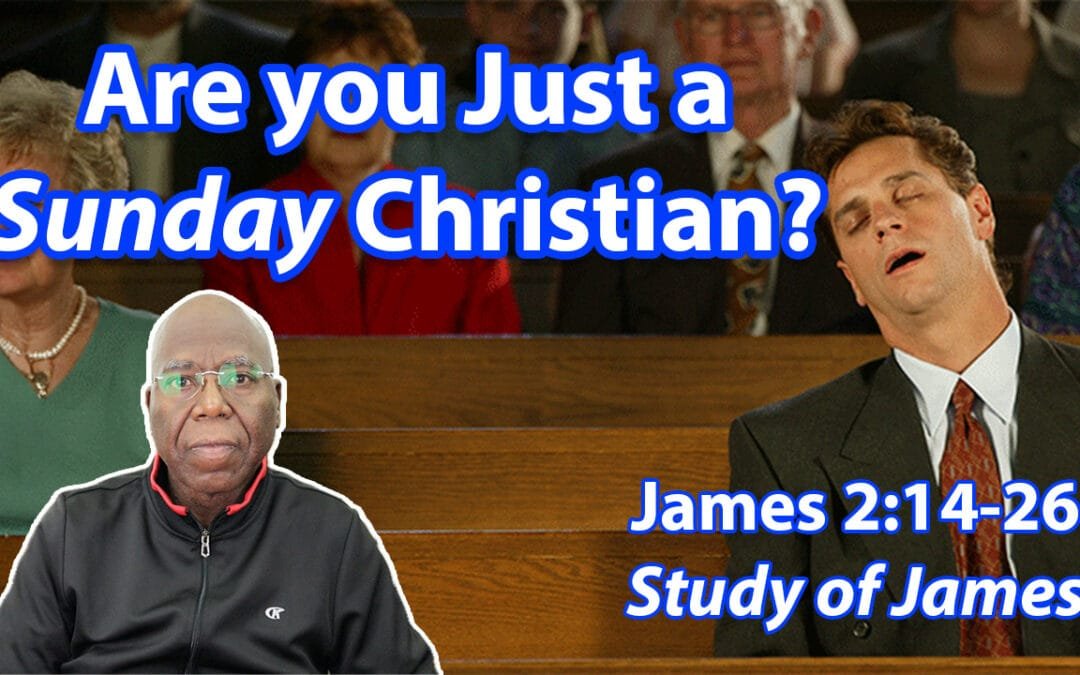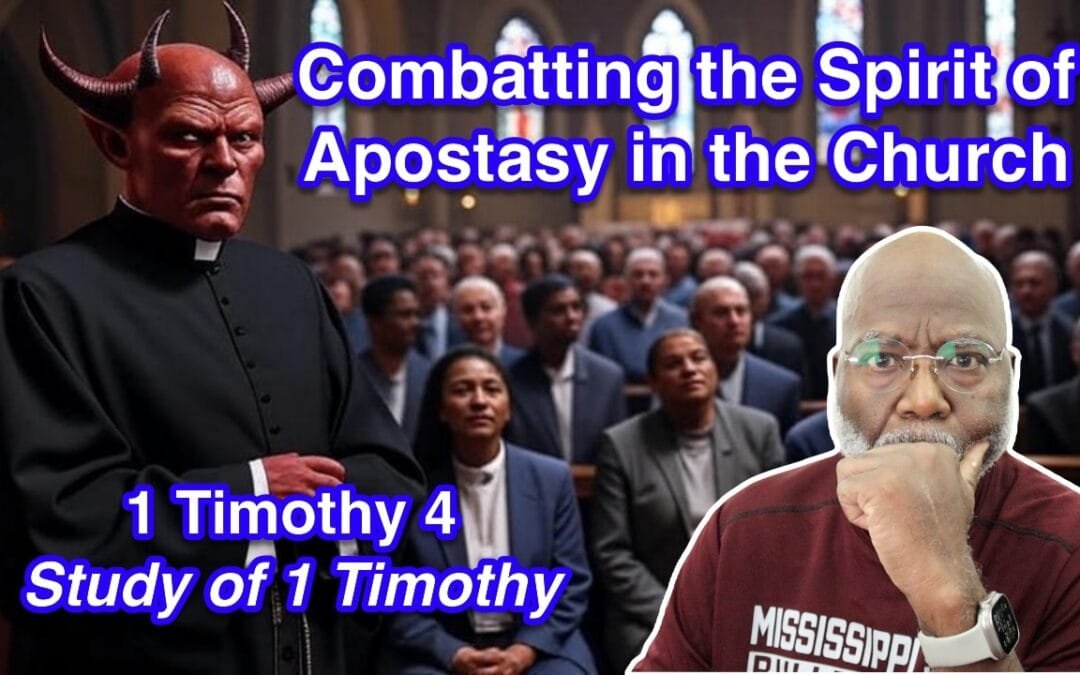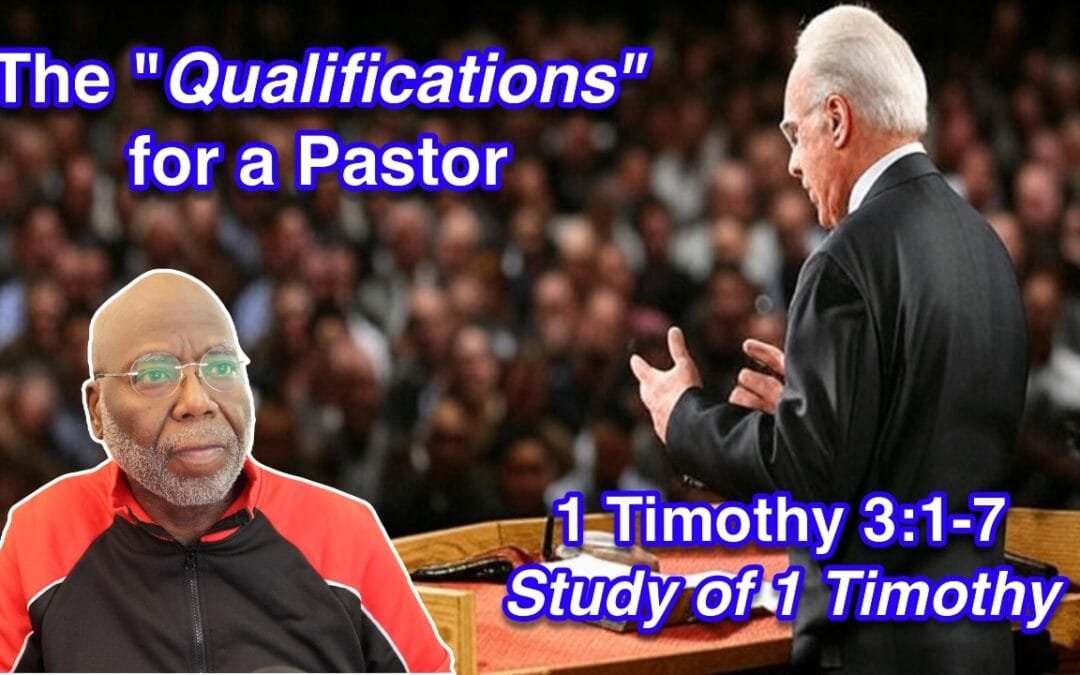
Free Lessons, Greek Exegesis, New Testament, Study of James
James 4 confronts believers over pride, worldliness, and self-rule, calling them to repentance, humility, and submission to God. It exposes the danger of judging others and planning life apart from God’s will, insisting that true faith is demonstrated by humble dependence and obedient action rather than arrogant presumption.

Free Lessons, Greek Exegesis, New Testament, Study of James
James teaches that genuine faith is never merely claimed but is demonstrated through obedient action. Faith that remains only intellectual or verbal is lifeless, while true faith is proven, completed, and made visible by works that flow from it.

Free Lessons, Greek Exegesis, New Testament, Study of James
James 1:1-12 addresses Jewish believers scattered abroad, calling them to regard trials as occasions for joy because testing produces endurance that leads to spiritual maturity. He urges believers to seek wisdom from God with unwavering faith, warns against double-minded instability, and assures that perseverance under trial results in God’s approval and the promised crown of life for those who love Him.

Free Lessons, Greek Exegesis, New Testament, Study of 1 Timothy
1 Timothy 4 warns that in later times some will abandon the faith by following deceptive teachings. Paul urges Timothy to reject false asceticism, pursue godliness, and remain devoted to Scripture, exhortation, and sound teaching. He is to be an example in conduct, diligently use his spiritual gift, and persevere in truth, as this will ensure salvation for both himself and his hearers.

Free Lessons, Greek Exegesis, New Testament, Study of 1 Timothy
1 Timothy 3:8-16 outlines qualifications for deacons and women in church roles, emphasizing dignity, honesty, temperance, and faithfulness. Deacons must be tested, blameless, faithful in marriage, and manage their households well, earning respect and confidence through service. The women, possibly leaders, share similar standards. Paul stresses proper conduct in the church, God’s household, and ends with a hymn celebrating Christ’s life, proclamation, and ascension.

Free Lessons, Greek Exegesis, New Testament, Study of 1 Timothy
1 Timothy 3:1-7 details qualifications for church overseers, prioritizing character: aspiring to the role is noble (v.1). Must be blameless, one-wife husband, temperate, self-controlled, respectable, hospitable, teachable (v.2); not drunk, violent, quarrelsome, or greedy, but gentle and peaceable (v.3). Manage household well with obedient children (vv.4-5). Not a new convert to avoid pride and devil’s condemnation (v.6). Good reputation with outsiders to evade disgrace and devil’s snare (v.7). Focuses on integrity and witness.
Page 1 of 1712345...10...»Last »







